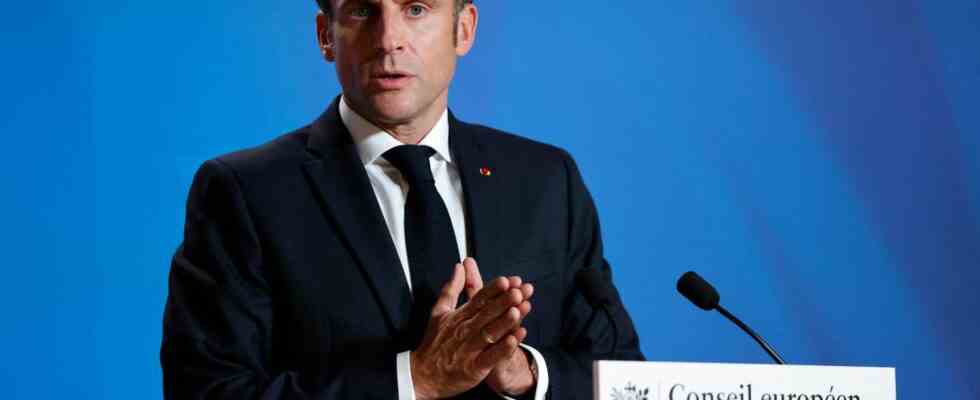The President of the French Republic, Emmanuel Macron, announced Friday, October 21, at the end of the European summit in Brussels, the withdrawal of France from the treaty on the energy charter (TCE), ratified in 1994.
The president is thus following the recommendations of the High Council for the Climate (HCC), which estimated, in an opinion, that France and the European Union (EU) should leave this 30-year-old treaty, decried by activists for the climate and which is incompatible with “decarbonization timetables” provided for in the Paris agreement.
In June, the EU obtained the reform of this little-known convention, which is too protective of fossil fuels, but the compromise is considered insufficient by non-governmental organizations, which are asking Europeans to withdraw from it.
Spain, Poland and Italy have already withdrawn
The Energy Charter Treaty was signed in 1994, at the end of the Cold War, to offer guarantees to investors in the countries of Eastern Europe and the former USSR. Bringing together the EU and fifty-two countries, it allows companies to claim, before a private arbitration tribunal, compensation from a State whose decisions affect the profitability of their investments, even when it comes to political environmentally friendly.
In its opinion, the HCC pinpointed the “multiplication of litigation”which leads to a “loss of sovereignty” and risk “to limit the ambition of States” in “the implementation of their energy and climate policies”.
By withdrawing from the TCE, France is following in the footsteps of the Netherlands, which announced their withdrawal on Wednesday. Previously, Spain, Poland and even Italy had already withdrawn.

